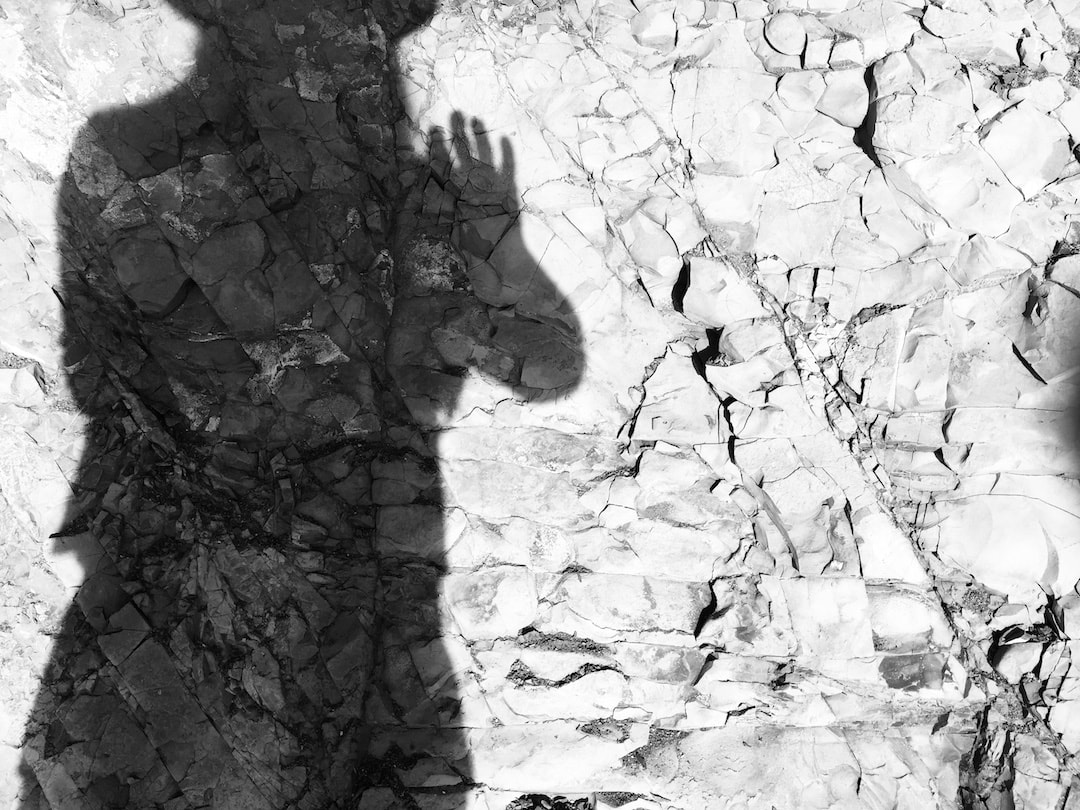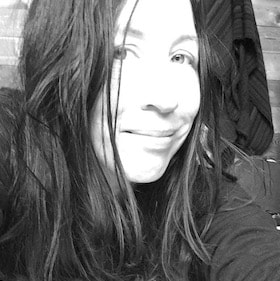 A few years ago, I had a vivid dream that the world would end on a specific date, nine months away. This might sound like a nightmare, but the effect on me was just the opposite. In the middle of taking in this news, I had an insight: if the world is ending — and all of human life with it — I can’t end social injustice or save the white dolphins from extinction. There’s no time for any of us to reach our so-called full potential. I might as well drop all my stories about what I need to do and all my earnest agendas for what needs to happen in the world. There just isn’t time for that. If the world is ending, the only thing left to do is to love and appreciate it while it’s here. I woke up from what should have been a nightmare with a lightness and tender joy that lasted for days. I walked down the road thinking, This could be the last time I ever do this. The colors of the leaves turned vivid, people’s faces each so utterly distinct. Everything vibrated with precious life. Instead of leaving me in despair and nihilism, letting go of all of my agendas for myself and for the world freed everything to be as precious as it really is. I vowed to continue living as though that date were real — as though it were the last nine months of my life — but I couldn’t do it. The colors faded back to ordinary, and all those nine months I noticed with painful clarity how my agendas kept getting in the way, blocking my heart and my clear seeing. As the date specified in the dream approached, I found myself praying that when that day finally arrived, the world as I knew it would end when all of my ideas about “how things should be” vaporized in a fiery cosmic explosion — and everyone else’s agendas burned up right along with mine.  In the years since this dream, if I’m to believe the news and social media, it seems that most everyone’s agenda has gotten stronger rather than weaker. Opinions based on the flickering light of electronic screens are stated with such certainty that it seems everyone has become a fundamentalist something, certain they have the whole truth. In the face of this trend, my quest to loosen the hold of opinion and live instead from love and appreciation is a radical act. What if a growing number of us loosened the fearful grip we have on our agendas? Then we could begin again, without an enemy, in touch with the fundamental beauty and goodness in one another. All of this is to explain why at this volatile political crossroads, I’ve been spending much of my time in deep contemplation: I am heartbroken over the explosion of hatred and divisiveness in the world, coming from all sides of the political spectrum. This is what inspires me to dig beneath all the opinions and judgments being hurled about in search of a fundamental cause or cure. I’ve become convinced that the “cure” is listening deeply, and this is only possible when I commit to looking inside for my own bias and blindness before pointing the finger outside. I am not always so good at this, and so it seems to me that unplugging from the collective churning long enough to question my conditioning and deeply reflect on love and fear, the darkness hidden in my unconscious, the nature of self and of reality, is the most vital political action I can take at this time of heightened collective fear and insecurity. Such contemplation is not a replacement for engagement, but a cleansing of it. I don’t want to add to that cauldron by speaking and acting from my own unexamined ignorance, blindness and survival instinct.  It is profoundly counter-cultural to withdraw even briefly from the matrix of busyness, distraction, argument, outrage and achievement in order to focus on such things, especially when the problems are so urgent. But our times are not special — the problems have always been urgent. Humans have always used anger or denial or urgency to cover over heartbreak and keep our focus on the enemy outside, forgoing the deeper work needed to finally do something different. Joining against a common enemy, believing our side is the good and moral one, is what we have been doing since the beginning of time. To truly live in peace, we have to end this habit of war. This is why it’s so important to step away from reactivity and attempt to see with clarity the conditioning we as a human family are operating in, so that we can finally stop passing on the thinking that creates such darkness to the next generation. In times like these, such contemplation is the most urgent work of all, undertaken not as a way to withdraw from responsibility for the care of the world, but rather to increase the odds that the actions we take are truly for the benefit of the whole. As Krishnamurti put it in the book Social Responsibility: “The prevention of this ever-increasing destruction and horror depends on each one of us [doing what it takes to free our mind from conditioning], not on any organization or planning, not on any ideology, not on the invention of greater instruments of destruction, not on any leader, but on each one of us. Do not think that wars cannot be stopped by so humble and lowly a beginning — a stone may alter the course of a river.”
Comments are closed.
|
|
FOR WRITING AS A SPIRITUAL PRACTICE:
copyright 2019 by jane brunette



